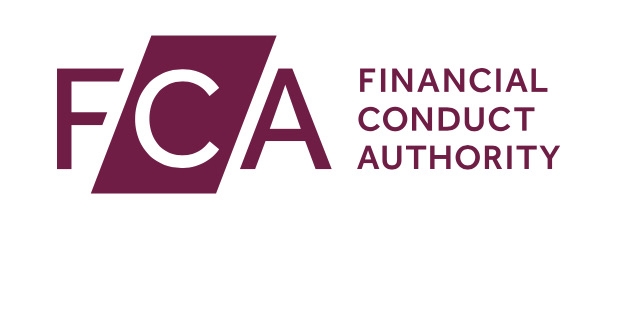The Financial Conduct Authority has publicly censured Mohammad Ataur Rahman Prodhan, the former chief executive officer of Sonali Bank (UK) Limited (SBUK), for anti-money laundering failings.
Mr Prodhan was the senior manager at SBUK with responsibility for the establishment and maintenance of effective AML (anti-money laundering) systems and controls.
In 2016 the bank was fined £3.25m (discounted from £4.6m under the FCA's executive settlement procedures) and was banned for 168 days from accepting deposits from new customers.
The FCA said that between 20 August 2010 and 21 July 2014, the bank failed to put in place adequate anti-money laundering (AML) systems and in 2015 failed to notify the authority of a suspected fraud.
In August this year, following regulatory action by the Prudential Regulation Authority, SBUK cancelled its authorisation. The bank has since been restructured and in August was renamed Sonali Bangladesh UK Limited. Sonali Bangladesh UK Limited continues to trade and an arm of the bank continues to offer remittance services to British Bangladeshis.
In relation to Mr Prodhan, who now lives in Bangladesh, the FCA said that between 7 June 2012 and 4 March 2014, he failed to take “reasonable steps” to assess and mitigate the AML (anti-money laundering) risks arising from a “culture of non-compliance among SBUK’s staff.”
The FCA said he also failed to ensure that there was a clear allocation of responsibilities to oversee SBUK’s branches and he also failed to properly oversee, manage and resource SBUK’s Money Laundering Reporting Officer (MLRO) function.
The regulator said that as a result of the failings, SBUK’s staff did not appreciate the need to comply with AML requirements and the MLRO (Money Laundering Regulatory Officer) function was “ineffective” in monitoring their compliance. This led to systemic failures in SBUK’s AML systems and controls throughout the business.
The FCA said today that initially it decided to impose a financial penalty of £76,400 on Mr Prodhan in May 2018. Mr Prodhan appealed the case to the Upper Tribunal, where proceedings have been delayed significantly as a result of the pandemic and limitations on Mr Prodhan’s ability to travel to the UK from Bangladesh, where he now lives.
The FCA said that while it considers the financial penalty to be appropriate, there were now “exceptional circumstances” for the case to be resolved by agreement, including the lack of any prospect of enforcing payment of a financial penalty.
Mr Prodhan has withdrawn his referral to the Upper Tribunal and agreed to accept a public censure.
Mark Steward, executive director of enforcement and market oversight at the FCA, said: “Mr Prodhan failed to maintain proper anti-money laundering systems and allowed a culture of non-compliance among the bank’s staff.
“While a financial penalty was appropriate in this case, prolonged litigation to enforce a penalty that is unlikely to be paid against a person who may not be able to travel to the UK to explain himself in person to the Upper Tribunal is neither practical nor fair. In these exceptional circumstances, a public censure is an appropriate resolution of the case.”

